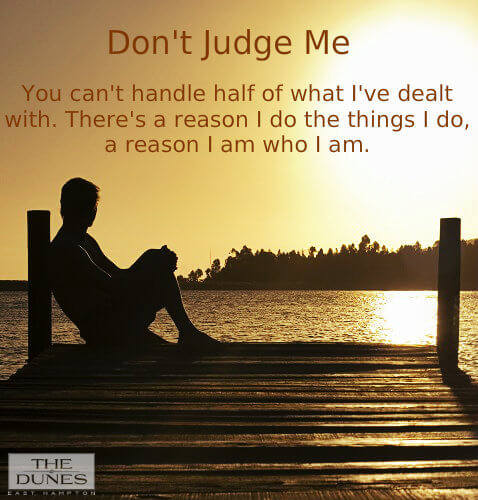Description: Psychotic disorders are severe mental health issues where a person experiences abnormal thinking patterns and difficulty with perception, such as delusions and/or hallucinations.
Mental illness is very common in those who have a substance addiction. Psychotic disorders are severe mental disorders where the person affected experiences abnormal thinking and perceptions.
A person undergoing a psychotic episode loses touch with reality and two of the main symptoms are delusions and hallucinations.
Delusions are false beliefs. An example of a delusion is that the government is out to get you or that you are receiving messages through the television set. Hallucinations are false perceptions. They can take the form of hearing, seeing or feeling something that is not really there.
A person with bipolar disorder may exhibit psychotic symptoms as well. In some instances, a person with severe depression may also experience psychosis as part of the disorder.
Psychotic Disorders
Schizophrenia
Schizophrenia is a brain illness that usually affects young people between the ages of 16 and 30. People who have it may hear voices that aren’t there that tell them to do things or that tell them people are trying to get them or do them harm. Their mental illness makes it difficult for them to communicate clearly when they speak, hold onto a job or take care of themselves.
Bipolar Disorder

This disorder can often start in the late teens and early twenties, but children and adults can be diagnosed with bipolar disorder as well. It tends to run in families but there may be a physical component explanation to who develops bipolar disorder as well.
Psychotic Depression
Depression can develop in some people who have become addicted to alcohol or drugs. When the depression is severe, the condition may escalate to the point where they experience psychotic episodes. This is a serious development that requires immediate medical care.
Individualized Co-Occurring Treatment
All of these psychotic disorders may be present in a person who is also addicted to drugs and/or alcohol. When a client is dealing with both issues at once, it’s called a co-occurring disorder.
At The Dunes East Hampton, we make sure to treat both the mental illness and the addiction with our co-occurring treatment program. Since we offer an individualized treatment plan for each of our clients, we can tailor the program to address their specific needs.
No Matter What You Or A Loved One Are Dealing With – We Are Here To Help – Call Us Now!







